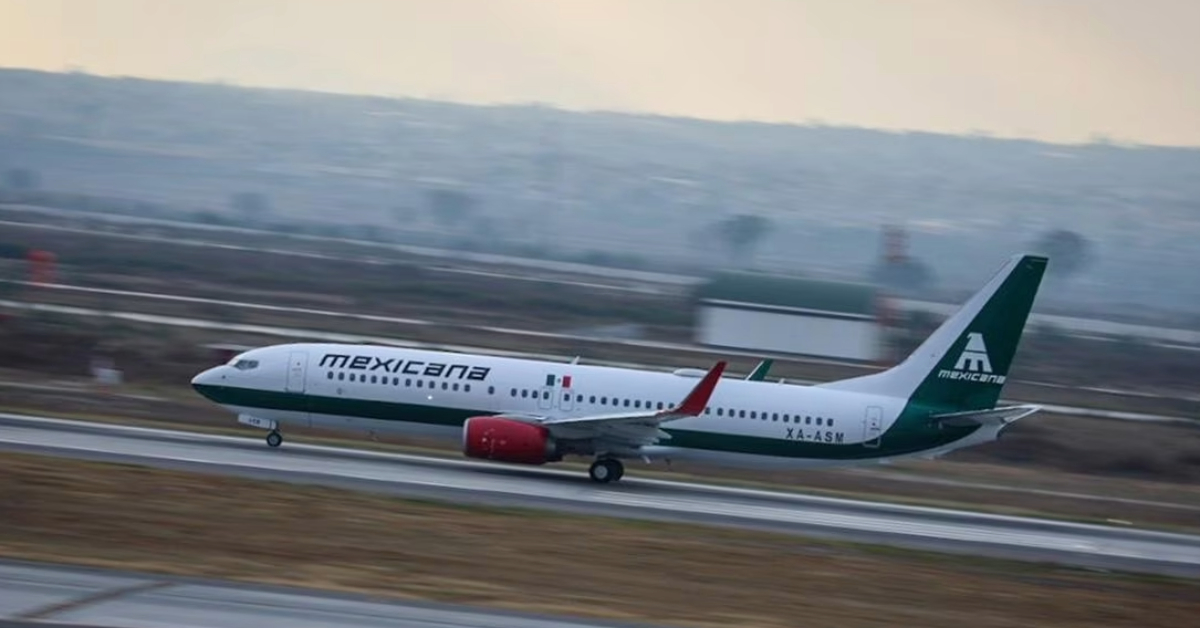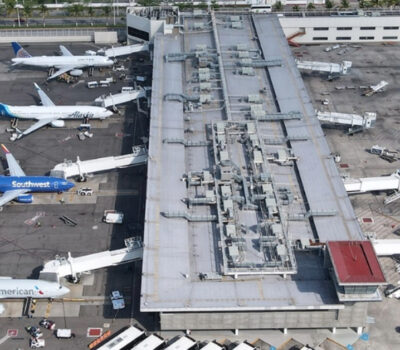Puerto Vallarta, Mexico – In a move that underscores the growing influence of the Mexican armed forces in the country’s economic landscape, Mexico officially launched its army-run airline, Mexicana, with its inaugural flight departing from Mexico City and heading to the picturesque Caribbean resort of Tulum.
President Andrés Manuel López Obrador’s administration has been instrumental in expanding the military’s involvement in various sectors, and the airline marks another ambitious endeavor in this direction. The military-run holding company behind Mexicana now oversees a diverse portfolio, including a dozen airports, hotels, trains, the national customs service, and tourist parks.
General Luís Cresencio Sandoval, Mexico’s defense secretary, defended the move, stating that it is common in developed countries to have the military involved in various businesses. However, in reality, only a handful of countries, such as Cuba, Sri Lanka, Argentina, and Colombia, have military-run airlines, mostly operating small carriers on underserved or remote domestic routes.
Unlike its counterparts in other nations, Mexicana has grand ambitions to transport tourists from Mexican cities to renowned resorts like Cancun, Puerto Vallarta, Los Cabos, Zihuatanejo, Acapulco, and Mazatlan. Flights are scheduled every three or four days, primarily on weekends.
Mexicana aims to compete primarily on price, with the initial 425 tickets priced at approximately $92 for the flight from Mexico City to Tulum, a rate the government claims is about one-third cheaper than commercial airlines.
Additionally, Mexicana intends to serve 16 small regional airports that currently have limited or no flight options. For those concerned about military involvement during the flight, it’s worth noting that the cabin crew on Mexicana flights appears to be civilians. In Mexico, the air force operates under the umbrella of the army.
At its launch, the airline commenced operations with three Boeing jets and two smaller leased Embraer planes, with plans to lease or acquire five more jets in early 2024.
President López Obrador heralded this event as historic, marking the return of the formerly government-run airline Mexicana, which was privatized, went bankrupt, and ultimately ceased operations in 2010.
This venture combines López Obrador’s faith in the military as an institution known for its integrity and patriotism and his nostalgia for state-run enterprises that once dominated Mexico’s economy before widespread privatizations in the 1980s.
López Obrador fondly recalled the days when government-run firms controlled sectors like oil, gas, electricity, mining, airlines, and telephone services. He criticized the privatization efforts, which were implemented due to the Mexican government’s inability to sustain inefficient state-owned enterprises.
While the state-run companies in Mexico were often plagued by inefficiency, poor service, corruption, and political manipulation, the current administration portrays its efforts to revive similar ventures on a smaller scale as a historic attempt to return to Mexico’s collectivist economic roots.
As the army takes on an expanded role in infrastructure development and domestic law enforcement, such as building airports and overseeing the ambitious Maya Train tourism project, the military’s influence on various aspects of Mexican society continues to grow.
The launch of Mexicana, led by the army’s subsidiary with no prior experience in commercial aviation, is yet another bold step in the military’s expanding portfolio of businesses. It remains to be seen how this venture will fare in a competitive aviation industry already undergoing significant changes.
Puerto Vallarta, Mexico – In a move that underscores the growing influence of the Mexican armed forces in the country's economic landscape, Mexico officially . . .












